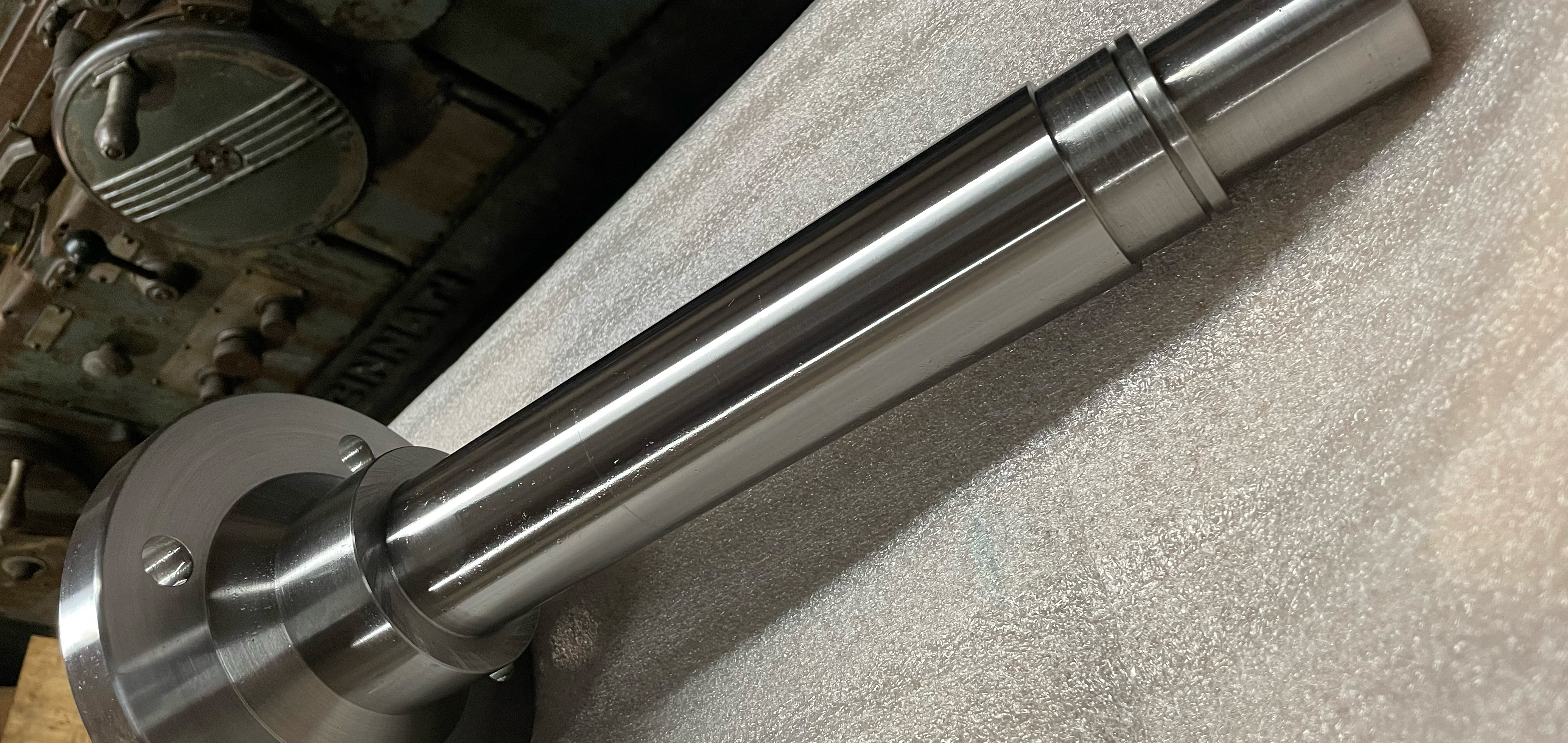In the intricate realm of manufacturing, achieving perfection is more than just a goal—it's a necessity. Precision grinding stands at the forefront of this pursuit, ensuring that every component meets the highest standards of accuracy and quality.
What Is Precision Grinding:
Precision grinding is a meticulous machining process that employs a specialized spinning wheel filled with abrasive particles. These particles play a pivotal role in delicately removing material from a workpiece in accordance with specific product requirements.
Whether you're dealing with minerals, ceramics, or metals, precision grinding is the go-to solution when other machining methods fall short. It's often the final touch in the manufacturing process, ensuring that each part is nothing short of perfection.
Types of Precision Grinding:
Several techniques come under the umbrella of precision grinding, each tailored for specific components and desired outcomes. The choice of technique hinges on various factors, including the shape, size, and desired output rate.
Cylindrical Grinding: This method uses a cylindrical grinder to refine the surface of a workpiece in a circular pattern. It's all about precision, with different motors rotating the grinding wheel and the workpiece at varying speeds.
Surface Grinding: Ideal for achieving a smooth and flat outer layer, surface grinding employs an abrasive grinding wheel positioned overhead, with the workpiece secured below.
Jig Grinding: Distinct from its counterparts, jig grinding is designed for workpieces with intricate shapes. It boasts a milling machine-like setup, ensuring high accuracy levels for slots, holes, and internal geometries.
Creep Feed Grinding: A unique process that uses advanced grinding equipment, creep feed grinding is all about precision and patience, especially with challenging materials.
Single and Double-Disc Grinding: As the names suggest, these methods use large wheels to produce flat, parallel workpieces, with the double-disc variant being more prevalent.
Centerless Grinding: Perfect for bars and tubes, this method doesn't require the workpiece to be held in place, offering a unique approach to grinding.
Internal & External Grinding: These methods focus on the inner and outer diameters of parts, respectively, ensuring perfection from every angle.
Superabrasive Grinding: Using machines made of robust materials like diamond and borazon, this technique is a powerhouse, often replacing multiple standard methods.
Thread Grinding: A specialized process for components like lead screws and ball screws.
When is Precision Grinding Necessary?
From small components with stringent tolerance requirements to larger parts, precision grinding is the answer. Industries ranging from aerospace to medical rely on this process for unparalleled accuracy and quality.
The Grindmasters Inc. Advantage:
Precision grinding isn't just a process—it's an art. And at Grindmasters Inc., we've mastered this art. Our extensive experience ensures that every project is handled with the utmost precision and expertise.
Applications of Precision Grinding:
Precision grinding is the answer to a myriad of manufacturing challenges. Some common applications include:
- Micro-finishing of surfaces
- OD grinding of bearing surfaces
- Machining of pinholes for stamping dies
- Grinding of bearing surfaces
Precision grinding is the cornerstone of manufacturing excellence. With benefits ranging from unparalleled accuracy to cost-effectiveness, it's the preferred choice for those who prioritize quality.
At Grindmasters Inc., our dedication is to deliver unparalleled service. Our expertise in precision grinding technologies, combined with our commitment to industry standards, ensures that your projects are in the best hands.
Contact Grindmasters Inc. Today:
Grindmasters Inc. 11203 Jones Rd W Houston, TX 77065
Phone: 713-933-4433
Email: adrian@grindmastersinc.com
Experience the difference with Grindmasters Inc.—where precision meets perfection.
